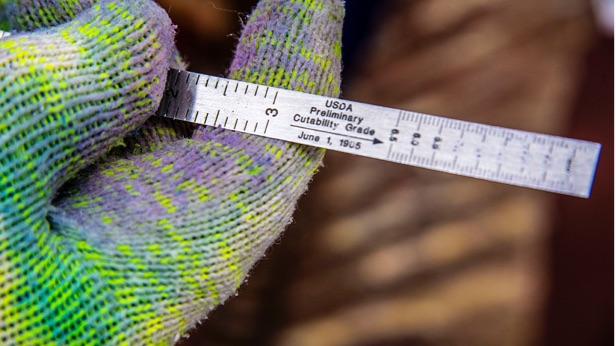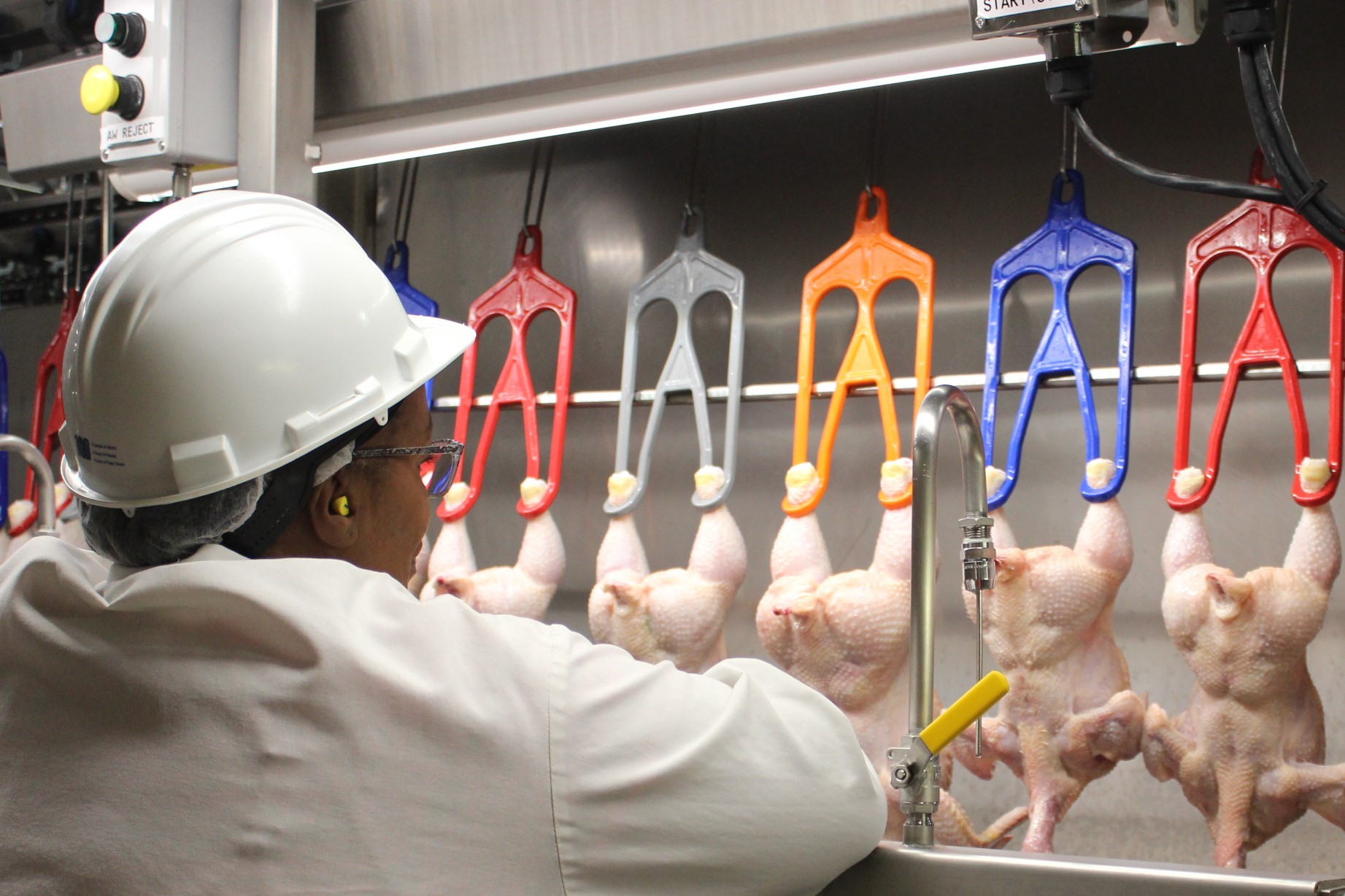
Guidance Documents for State and Local Agencies
State and local governments have an increasingly important role in helping improve public health through food safety and security. FSIS provides guidance and assistance on the use of science-driven, risk-based approaches to the control of foodborne hazards. States and local governments help oversee the raising and transporting of food producing animals, the administration of inspections to intrastate meat and poultry processing facilities, and the regulatory oversight of retail and inspection-exempt businesses handling those products.
Twenty-seven states have established meat and poultry inspection programs for products produced and sold within their jurisdictions. They must enforce requirements at least equal to those of FSIS' Federal inspection program and are reimbursed up to 50% of the cost.
- “At Least Equal To” Guidance Regarding “Food Freedom Act” and Other Bills Proposed by State Legislatures
FSIS has issued this letter to State MPI Directors in response to recent inquiries about proposed State legislation concerning the regulation and inspection of meat and poultry and the possible effect of each draft bill on the status of State MPI programs deemed to be "at least equal to" the Federal inspection program.
- “At Least Equal To” Guidelines For State Meat And Poultry Cooperative Inspection Program
This guideline provides information to State Cooperative Inspection programs on the criteria that the Food Safety and Inspection Service (FSIS) uses to determine each year whether State Meat and Poultry Inspection (MPI) programs are operating verifiably in accordance with requirements that are “at least equal to” the Federal inspection requirements. - “At Least Equal To” Compliance Guideline for State Meat and Poultry Inspection (MPI) Programs for Laboratory Methods
This Compliance Guideline supplements the “At Least Equal To” Compliance Guidelines for State Meat and Poultry Inspection (MPI) programs. It specifically supplements the guidance material in Component 3 - Product Sampling, of the guideline in that it provides additional instruction and recommendations on product sampling, laboratory methods and quality assurance. - "At Least Equal to" Compliance Guideline for State Meat and Poultry Inspection (MPI) Programs for Residue Testing
This compliance guide addresses in-plant screening of residues in meat and poultry products.
Most of the Nation's meat and poultry (and all its egg product) is produced under Federal inspection in about 6,200 plants, but much processing and handling of products takes place outside those plants. Inspection requirements are waived for meat from custom slaughter facilities, poultry from small farms, and products processed in retail stores and restaurants, but these products must remain safe for human consumption.
FSIS provides information, materials, and assistance to help State and local agencies achieve food safety goals. These resources and publications are designed to help you reduce foodborne hazards.
| Association of Food and Drug Officials (AFDO) AFDO provides information on retail meat and poultry processing guidelines, the model consumer commodity salvage code, exempt slaughter and processing operations guidelines, and transportation guidelines. Educational Foundation of the National Restaurant Association (NRAEF) NRAEF provides links to training resources and regulatory information for managers as well as food handlers. Food Marketing Institute (FMI) FMI provides a safety and sanitation training program for employees of supermarkets. www.FoodSafety.gov www.FoodSafety.gov is a gateway website that provides links to selected government food safety-related information. National Association of County and City Health Officials (NACCHO) NACCHO provides tools and publications on emergency preparedness and response, environmental health, health promotion and disease prevention, infectious disease, and public health infrastructure. National Association of State Departments of Agriculture (NASDA) NASDA provides information on the development, implementation, and communication of public policy and programs which support and promote the American agricultural industry, while protecting consumers and the environment. National Environmental Health Association (NEHA) NEHA has resources that are targeted to food handlers, as well as food managers. USDA/FDA Foodborne Illness Education Information Center The Center's database lists hundreds of training tools and educational programs, including a special database for HACCP and many foreign language materials. |
FSIS, together with FDA, helps to maintain communications and coordination among government laboratories at the Federal, State, and local government levels, to ensure laboratory capabilities and capacities are adequate for any emergency involving food and agriculture.
- Electronic Laboratory Exchange Network(eLEXNET)
(Some areas of this site require username and password.)
Improving the safety of meat, poultry and egg products depends on reducing or eliminating hazards associated with source animals. This involves animal production, transportation, marketing and pre-slaughter preparation of livestock, poultry and production of eggs.
FSIS works with State agencies as well as with its sister Federal agencies in the safeguarding of America's food and agriculture industries. FSIS provides guidelines that all segments of the population, including meat, poultry, and egg products plants can use to ensure that the products they produce and consume remain safe and secure.



